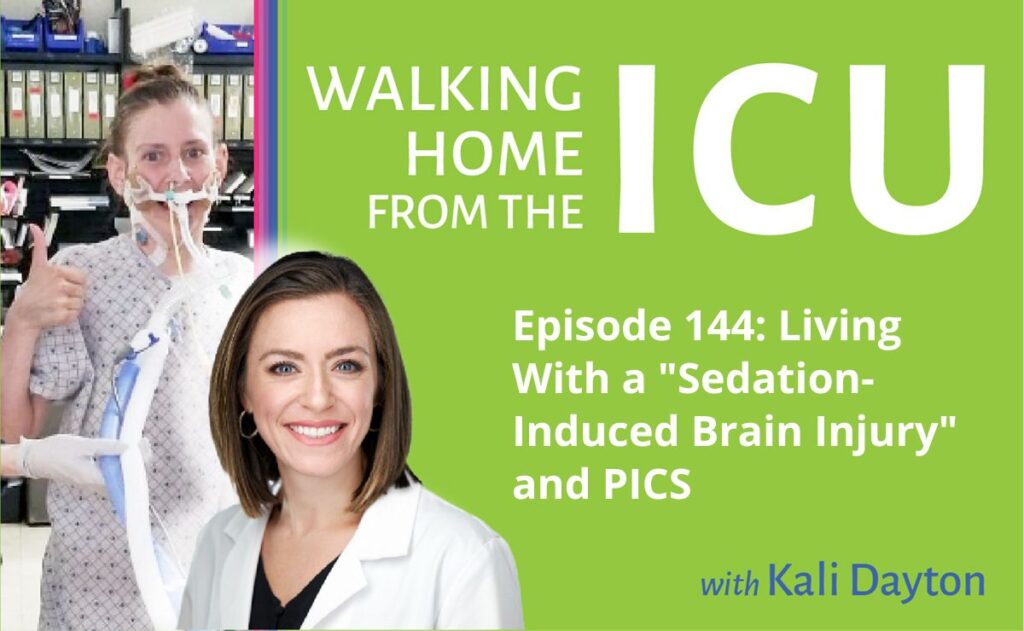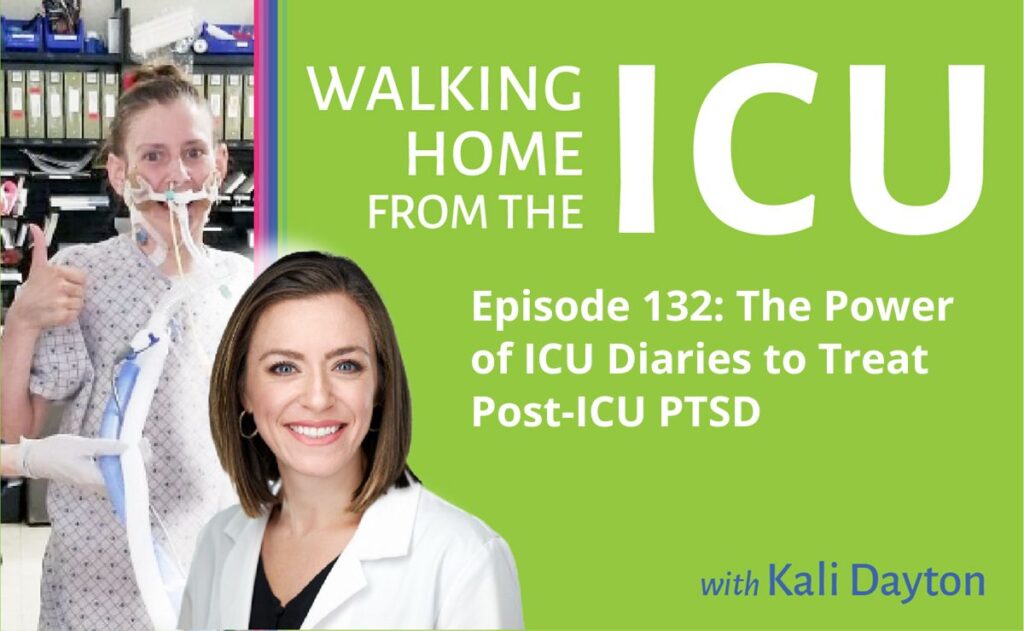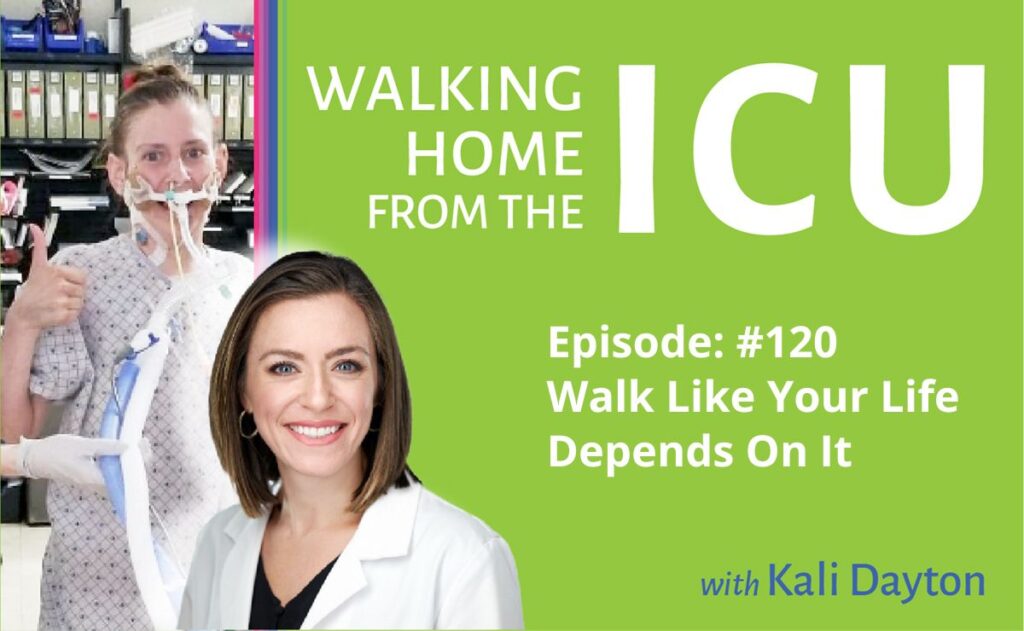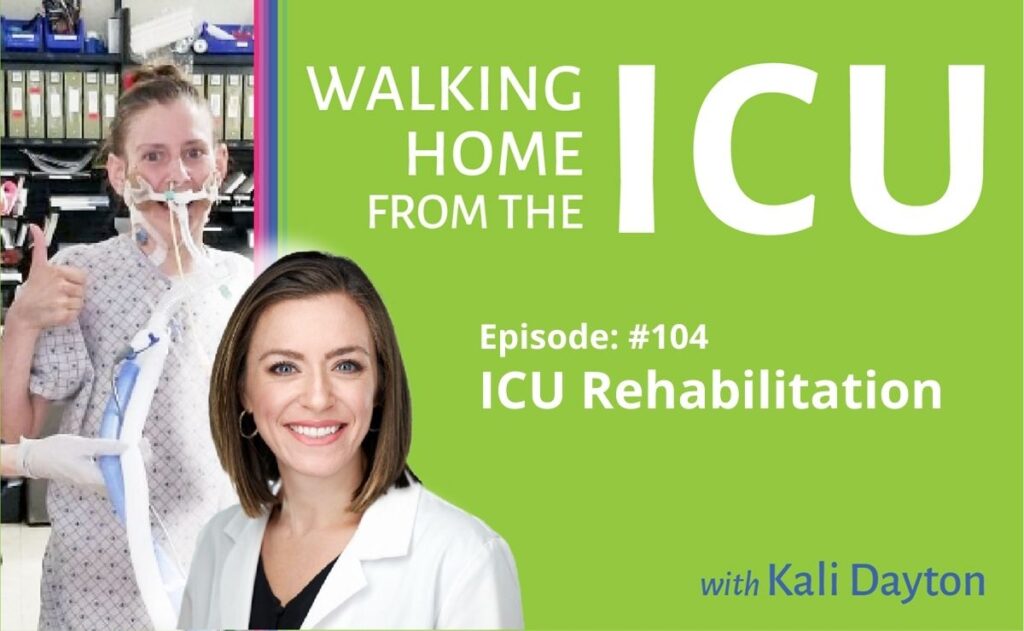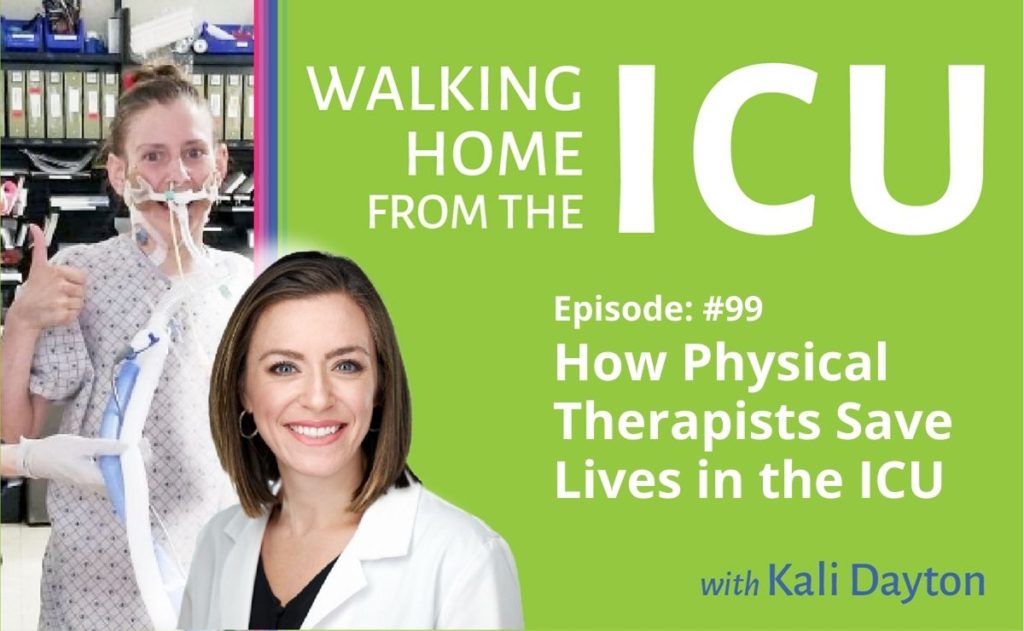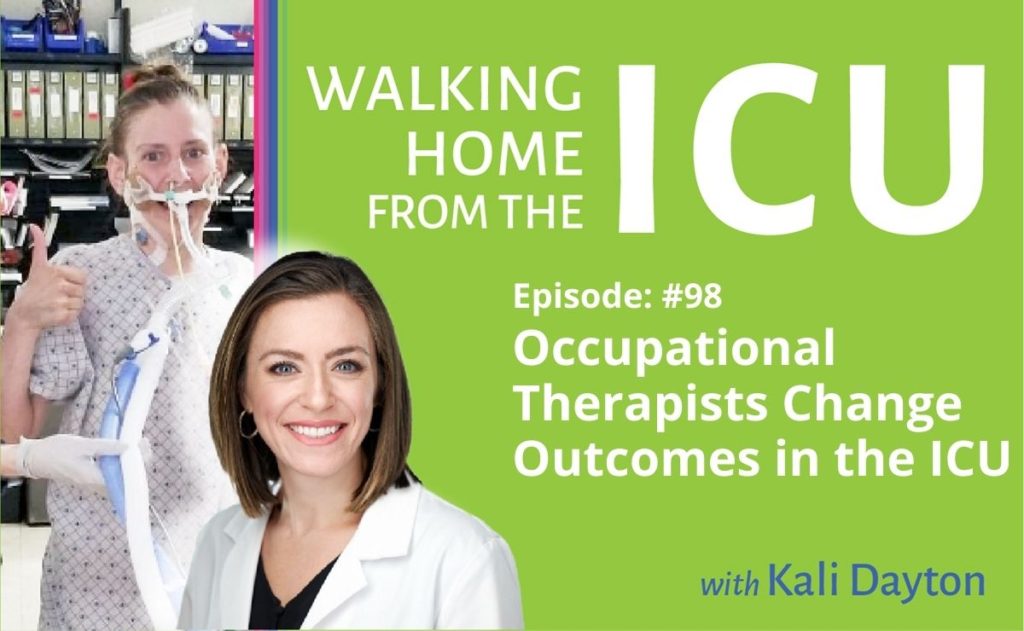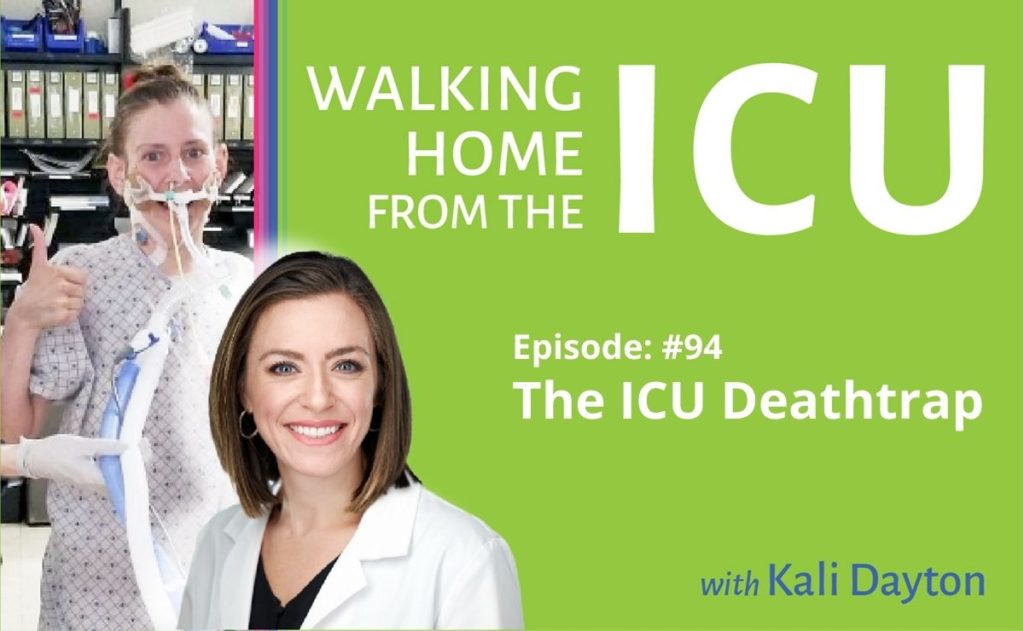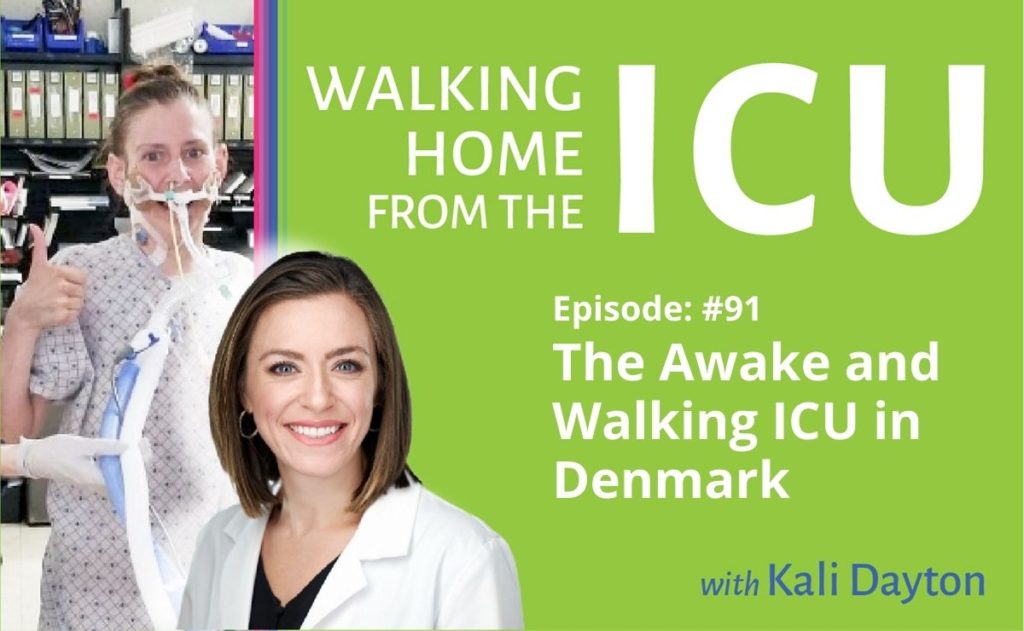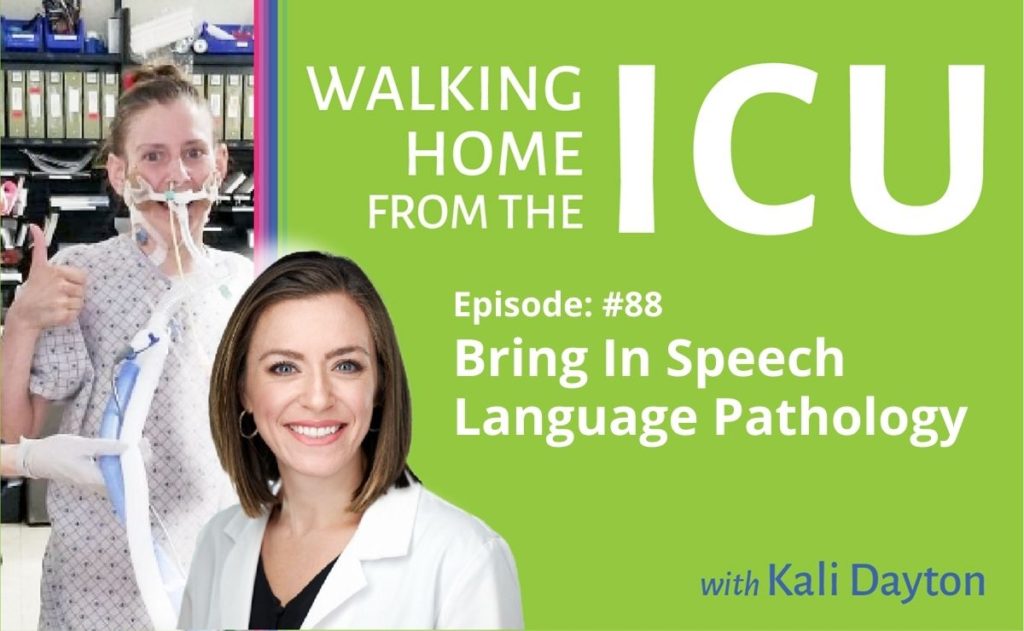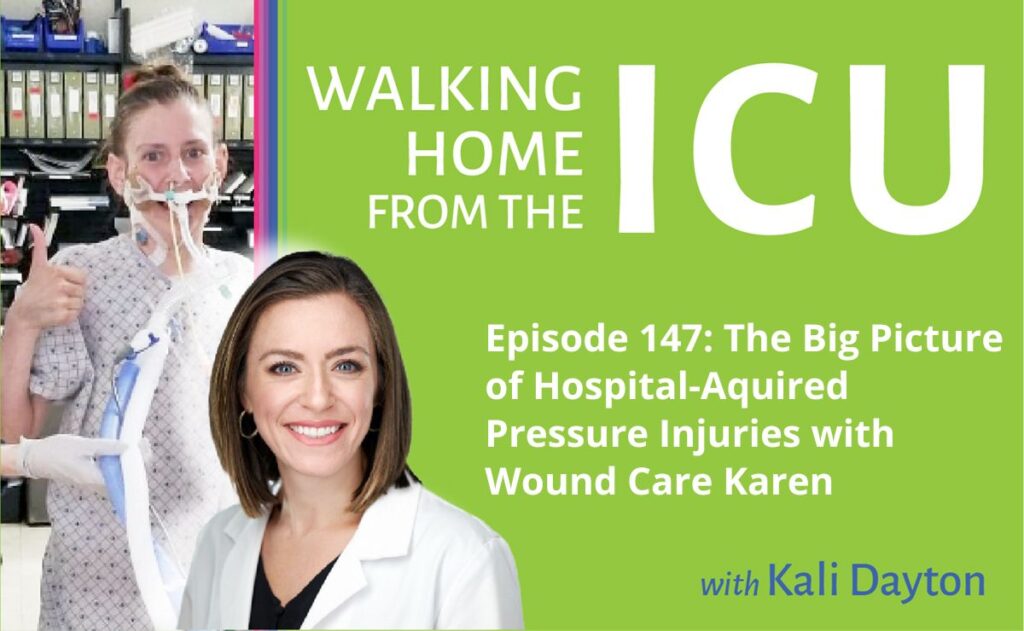
How do hospital-acquired pressure injuries (HAPIs) occur in the ICU and why is the ABCDEF bundle such a powerful tool to prevent HAPIs? How do HAPIs impact healthcare costs, staff workload, patient quality of life, and overall survival? Wound Care Karen joins us in this episode to explore the crisis of hospital-acquired pressure injuries in
